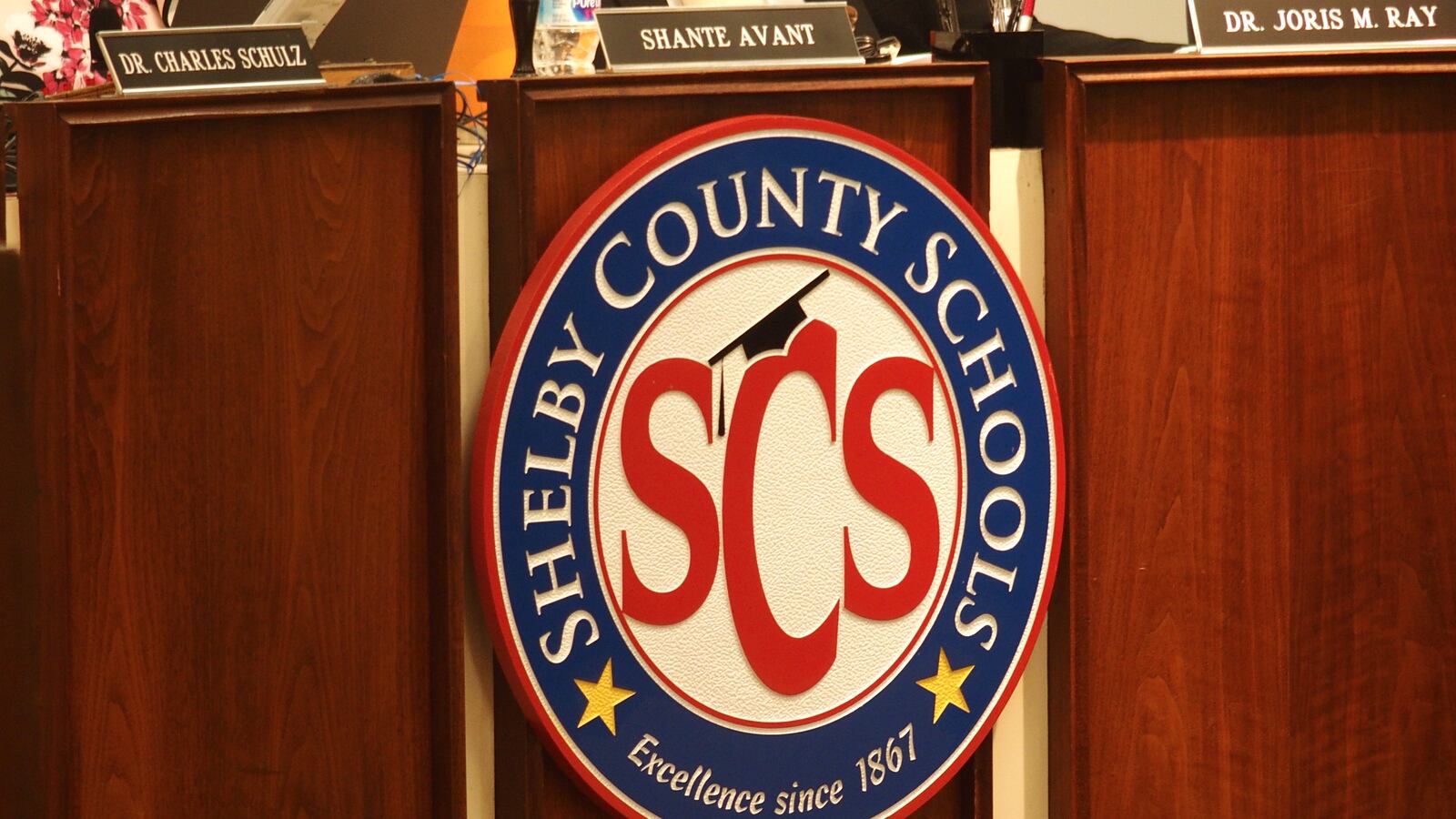As students in Shelby County Schools finished their first week at home because of coronavirus-forced closures, school board members met privately by video-conference Friday in part to hear about the state’s recent guidance on providing special education services during the closure, two participants said.
The meeting appears to violate state statute governing how public business should be conducted, according to a letter sent Monday to the school district from a lawyer representing Chalkbeat.
The school district had yet to respond Tuesday night to the emailed letter from Paul McAdoo of the Reporters Committee for Freedom of the Press Local Legal Initiative. While two school board members told Chalkbeat the Friday meeting was legal, another said she did not understand why it was private.
“Most executive sessions are held for specific reasons to update if there’s a pending case or something of that nature,” said board member Althea Greene. “This meeting was pretty much just updating us on how the district is operating without students in class.”
The coronavirus outbreak has upended both public education and access to information that should be public, with school boards and other public governing bodies moving quickly to virtual meetings to maintain social distancing guidelines meant to control COVID-19’s spread.
Related: Amid coronavirus crisis, Newark school board votes to suspend policies, empower superintendent
That move in some cases has resulted in a lack of transparency at school board meetings, with public comment curtailed or even eliminated in some cases. Or, in the case of Shelby County Schools, it resulted in the public not being informed that the school board was even meeting.
The Friday board meeting was the same day that Tennessee Education Commissioner Penny Schwinn briefed superintendents about adhering to federal laws on educating students with disabilities. That has proven to be a thorny issue for school districts ramping up remote learning plans with coronavirus closing school buildings.
Reached Friday before the board met by Zoom video conference, district spokeswoman Jerica Phillips said the school board was meeting to discuss Schwinn’s call. Kenneth Walker, the district’s interim general counsel, described it as an attorney-client matter that under statute can be discussed privately, she said.
Phillips said Tuesday that information she initially provided was incomplete and did not include all of the meeting topics.
State law allows for closed attorney-client meetings with elected officials to discuss lawsuits and pending litigation and Supreme Court rulings have permitted closed-door meetings as well as when there is a pending controversy that is likely to result in litigation.
“But this is neither pending litigation nor the type of pending controversy that justifies a closed meeting,” McAdoo, Chalkbeat’s attorney, wrote to the district. “As such, the meeting should have been open to the public.”
Under state law, the public must be notified of school board meetings. There was no public notice of Friday’s private meeting.
Chalkbeat contacted each of the board’s nine members for comment on the meeting. Three deferred to Walker, three did not respond, and three spoke generally about the meeting.
According to board members Greene and Kevin Woods, the meeting included guidance from the state on how to meet the needs of students with disabilities with remote learning. Woods described the guidance as explaining the “legal risks” with the transition.
“I felt like it flowed a lot like other executive sessions,” Woods said. “We discussed items of legal matter and board members gave feedback to our general counsel.”
Board member Scott McCormick described the meeting as legal, although he declined to say what was discussed. “I felt like we followed the rules to hold this type of meeting outside of the public.” He added that the district’s lawyer routinely instructs the board at the beginning of such meetings not to talk or deliberate among themselves and to direct questions to the attorney.
But outside of the undisclosed legal dispute, Greene said she didn’t understand why the meeting was private.
She said the meeting also included information about the district’s recently announced partnership with WMC-TV to broadcast lessons while school is out and how board members should talk about the length of school closure to constituents. No votes or decisions were made during the meeting, she said.


